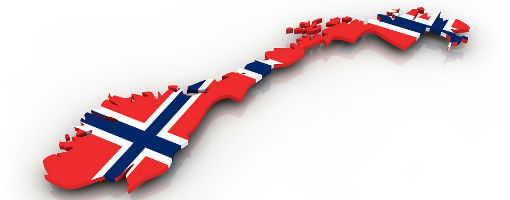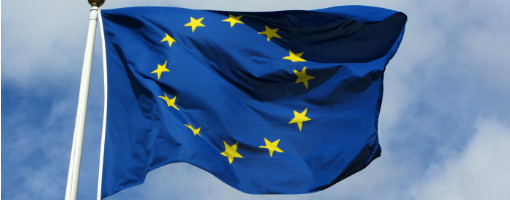The Norwegian parliament has rejected a proposal to ban the country’s Government Pension Fund Global (GPFG) from investing in the Occupied Palestinian Territory (OPT) during a vote yesterday, 27 May.
The government has faced pressure from the Norwegian Confederation of Trade Unions (LO), as well as Amnesty International and around 50 other organisations to divest from the OPT.
Last month, the organisations sent a letter to Norway’s Ministry of Finance demanding that it take action on the fund’s investments in the OPT. It follows a ruling from the International Court of Justice last year that confirmed Israel has a legal obligation to end its unlawful occupation of the OPT.
As a result of a United Nations General Assembly resolution in September 2024, Israel was given 12 months to withdraw from the OPT, and third states must cooperate to facilitate this process.
The GPFG is the world’s largest government-owned investment fund with NOK 18,526bn in assets under management, and has been an international leader in the ESG field. However, the fund is currently invested in several companies listed in the UN database of businesses involved in the unlawful occupation of Palestine.
Amnesty International argued that this “starkly exposes the shortcomings of the fund’s current ethical work”.
Amnesty International secretary general, Agnès Callamard, said ahead of the vote: “After 58 years of brutal military occupation, it is unjust that the Norwegian Pension Fund is benefiting from investments in companies profiting from Israel’s grave violations of Palestinians’ rights.”
Although this attempt was unsuccessful, there is another vote scheduled to take place on 4 June 2025, which, if successful, would align the ethical guidelines of the fund with those of the OECD and the UN.
This would mean that the fund’s Council on Ethics would need to be stricter when assessing the investments of the fund. Currently, its Council on Ethics allows investments in Israeli companies.
However, earlier this month, the fund announced that the executive board had excluded the Israeli energy company, Paz Retail and Energy Ltd, due to an “unacceptable risk” that the company contributes to serious violations of the rights of individuals in war or conflict. In December 2024, the fund excluded Bezeq, The Israeli Telecommunication Corp Ltd, for the same reasons.
Although the Ministry of Finance has rejected a vote to ban investments in the OPT, it previously decided to ban investments in Russia after the invasion of Ukraine in 2022.
European Pensions has contacted Norges Bank Investment Management, which is responsible for the investments of the GPFG, for a response.
Latest News
-
Women’s average pension in the EU 24.5% lower than men’s in 2024
-
Sweden's AP3 reports 'record high' fund capital of SEK 577.1bn in 2025
-
NBIM ‘aiming to be a leader’ in managing climate change risks and opportunities
-
Nature capital now a 'mainstream asset' for UK pension funds
-
European Pensions Awards 2026: Deadline extended
-
Pensioenfederatie urges EU to align public and private investment in climate resilience
Podcast: Stepping up to the challenge

In the latest European Pensions podcast, Natalie Tuck talks to PensionsEurope chair, Jerry Moriarty, about his new role and the European pension policy agenda
Podcast: The benefits of private equity in pension fund portfolios

The outbreak of the Covid-19 pandemic, in which stock markets have seen increased volatility, combined with global low interest rates has led to alternative asset classes rising in popularity. Private equity is one of the top runners in this category, and for good reason.
In this podcast, Munich Private Equity Partners Managing Director, Christopher Bär, chats to European Pensions Editor, Natalie Tuck, about the benefits private equity investments can bring to pension fund portfolios and the best approach to take.
In this podcast, Munich Private Equity Partners Managing Director, Christopher Bär, chats to European Pensions Editor, Natalie Tuck, about the benefits private equity investments can bring to pension fund portfolios and the best approach to take.
Mitigating risk
BNP Paribas Asset Management’s head of pension solutions, Julien Halfon, discusses equity hedging with Laura Blows
© 2019 Perspective Publishing Privacy & Cookies








Recent Stories